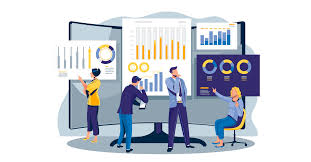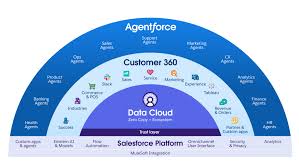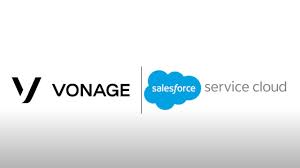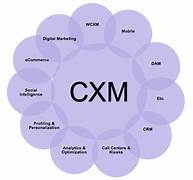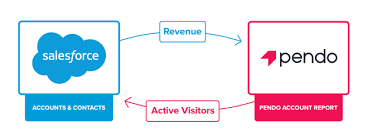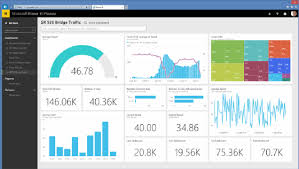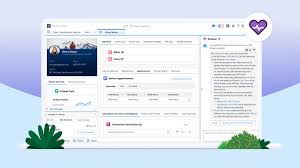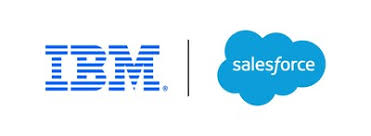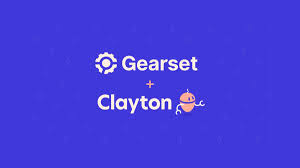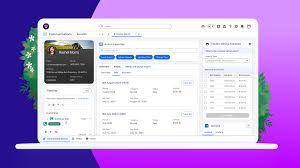Bye Klarna
Fintech firm Klarna is cutting ties with two major enterprise software providers, opting to automate its services using AI, and hints that more cuts could follow. Klarna co-founder and CEO Sebastian Siemiatkowski discussed the move during a recent conference call, as reported by Seeking Alpha. The company has already stopped using Salesforce, a platform that helps businesses manage sales and marketing data, and has also removed Workday, an HR and hiring platform, from its tech stack, according to a spokesperson from Klarna. This shift towards AI-driven automation is part of a larger strategy at Klarna. “We have multiple large-scale initiatives combining AI, standardization, and simplification that will allow us to eliminate several SaaS providers,” a company spokesperson said, though they did not specify which providers or services might be next. Founded in 2005, Klarna provides payment processing for e-commerce and reports over 150 million active users worldwide. Despite posting a net loss of $241 million last year—down from nearly $1 billion in 2022—the company reported a reduced loss of $32 million for the first half of 2024. With reports suggesting that Goldman Sachs has been tapped to underwrite Klarna’s potential IPO, the company’s focus on AI could strengthen its profitability prospects. This isn’t Klarna’s first AI initiative. Earlier in 2024, the company introduced an AI-powered customer service assistant in collaboration with OpenAI, which reportedly handled 2.3 million interactions in its first month and replaced the work of 700 agents. Klarna was among the early adopters of OpenAI’s enterprise ChatGPT package, and the company claims that 90% of its employees use the tool daily for process automation. Klarna’s decision to drop Salesforce and Workday is part of a broader effort to replace third-party SaaS solutions with internally developed applications, likely built on OpenAI’s infrastructure. Siemiatkowski stated in the August call, “We are shutting down a lot of our SaaS providers as we are able to consolidate.” However, not everyone is convinced. HR technology analyst Josh Bersin questioned whether Klarna could successfully replace a robust platform like Workday. “Workday systems have decades of workflows and complex data structures, including payroll and attendance,” he told Inc.. Bersin warned that developing an in-house system could lead Klarna into a “black hole of features,” with a poor user experience as a result. Many in the tech world share Bersin’s skepticism, with some suggesting the move is more of a PR tactic as Klarna gears up for its IPO. Investors and executives voiced doubts on social media, with financial insights account BuccoCapital posting on X, “Is it actually the best use of capital to rebuild in-house? Feels like a massive distraction,” while Ryan Jones, CEO of Flighty, called the move “free marketing.” Critics also point out that Klarna has downsized its workforce significantly, reducing its headcount by 1,200 over the past year, and Siemiatkowski has hinted at further reductions, suggesting the company could benefit from cutting staff from 3,800 to 2,000 employees. Siemiatkowski remains adamant that AI will allow Klarna to maintain growth despite these cuts. Bersin also noted that many tech giants have struggled to build their own HR platforms, citing examples like Google, which recently abandoned its internally developed HR software, and Amazon, which undergoes similar cycles regularly. “Microsoft,” Bersin added, “spends money on their own products but partners with SAP for HR software.” If Klarna does succeed in developing an in-house HR platform, it would be an achievement where even some of the biggest tech companies have fallen short. Like Related Posts Salesforce OEM AppExchange Expanding its reach beyond CRM, Salesforce.com has launched a new service called AppExchange OEM Edition, aimed at non-CRM service providers. Read more The Salesforce Story In Marc Benioff’s own words How did salesforce.com grow from a start up in a rented apartment into the world’s Read more Salesforce Jigsaw Salesforce.com, a prominent figure in cloud computing, has finalized a deal to acquire Jigsaw, a wiki-style business contact database, for Read more Health Cloud Brings Healthcare Transformation Following swiftly after last week’s successful launch of Financial Services Cloud, Salesforce has announced the second installment in its series Read more


